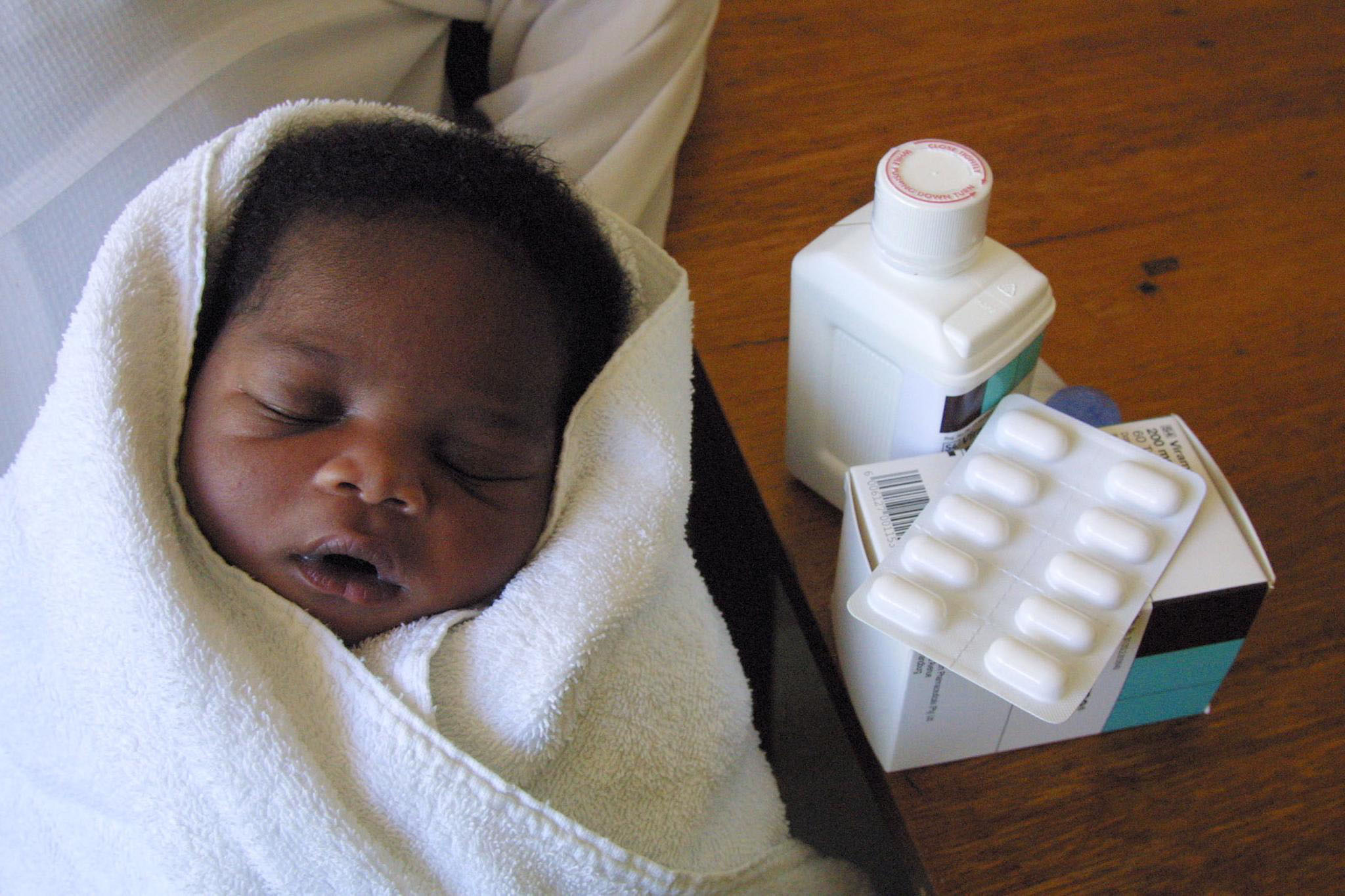AIDS researchers, advocacy organizations and global health officials spent Monday trying to determine whether the report that a baby girl born in Mississippi was cured of the infection is a therapeutic breakthrough or a scientific curiosity.
Even if the report proves true, aggressive HIV treatment starting at birth has no obvious relevance to adults, who are by far the biggest age group infected each year. Even in newborns it may be of little practical use, as nearly all mother-to-child infections can be prevented by a simpler strategy that isn't yet fully implemented around the world.
At the same time, news of a cured patient — the girl, now 2½, would be only the second on record — has caught the world's eye. Scientists are confident that even if the case isn't a signpost to the future, it is of great importance right now. "Just like the first case, it is generating a tremendous amount of attention and, more importantly, a tremendous number of testable hypotheses," said Steven Deeks, an AIDS researcher at the University of California at San Francisco and a leader of the effort to reinvigorate the search for an AIDS cure.



